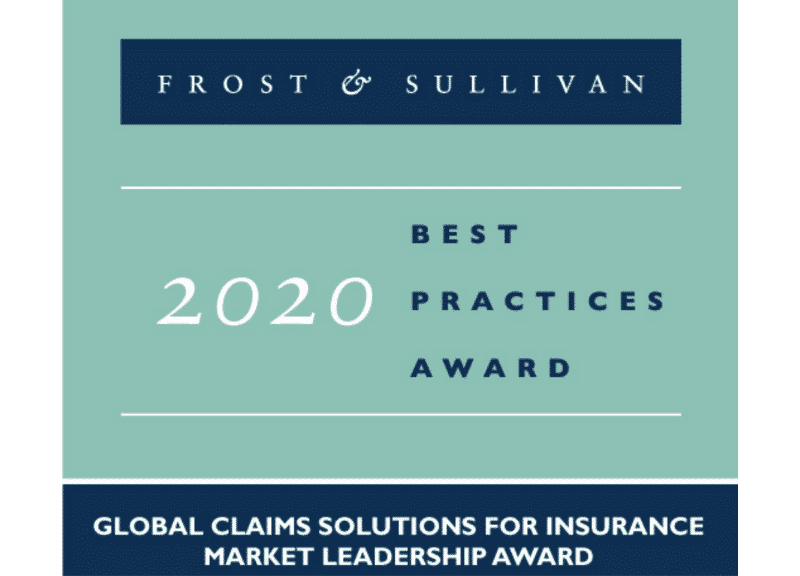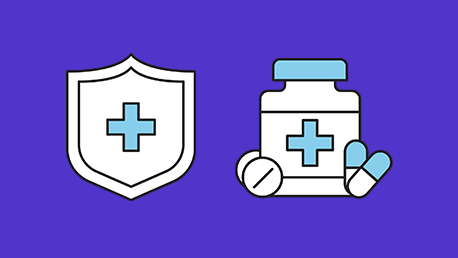While the world grapples with what it really means to be “essential” or “non-essential” in the context of the COVID-19 pandemic, there is one group that simply does not care about labels. Professional and amateur fraudsters – whether in good times or bad – will always look for ways to take advantage of the system. And with the unparalleled impact of today's COVID-19 global crisis comes unparalleled risk of fraud, waste, and abuse.
A pandemic of this sort creates the perfect storm. Insurers and governments have worked diligently to remove administrative and financial hurdles to address the medical testing and treatment of COVID-19, and the economic impact of locked-down global economies. These easing of restrictions and trillions of dollars in new benefits create new opportunities for fraudsters to pivot and expand their efforts.
When it comes to insurance and social benefit programs, there is a wide range of fraudsters and schemes they employ. Small-scale, opportunistic fraudulent acts might be prompted as an action of last resort due to the financial crisis, while other opportunistic frauds are driven by ease and greed. Larger, more organized fraudulent networks are covering the gambit, from submission of billions of false medical claims, to quackery schemes that prey on the fears this pandemic has created.
Health insurers are seeing a sharp decrease in the volume of claims due to the lack of routine and non-urgent services. Fraudsters are focusing on those services that have seen an increase, such as telemedicine and lab-services. When “normalcy” returns, the risk of fraud for those returning non-COVID-19 services will be greater than ever.
To learn more about how members of the Shift team believe the COVID-19 pandemic will impact fraud across the insurance industry – not only healthcare – please download Fraud Insights: COVID-19 Special Edition. You can also learn more about how Shift can help fight fraud, waste and abuse by visiting the Improper Payment Detection product page.


